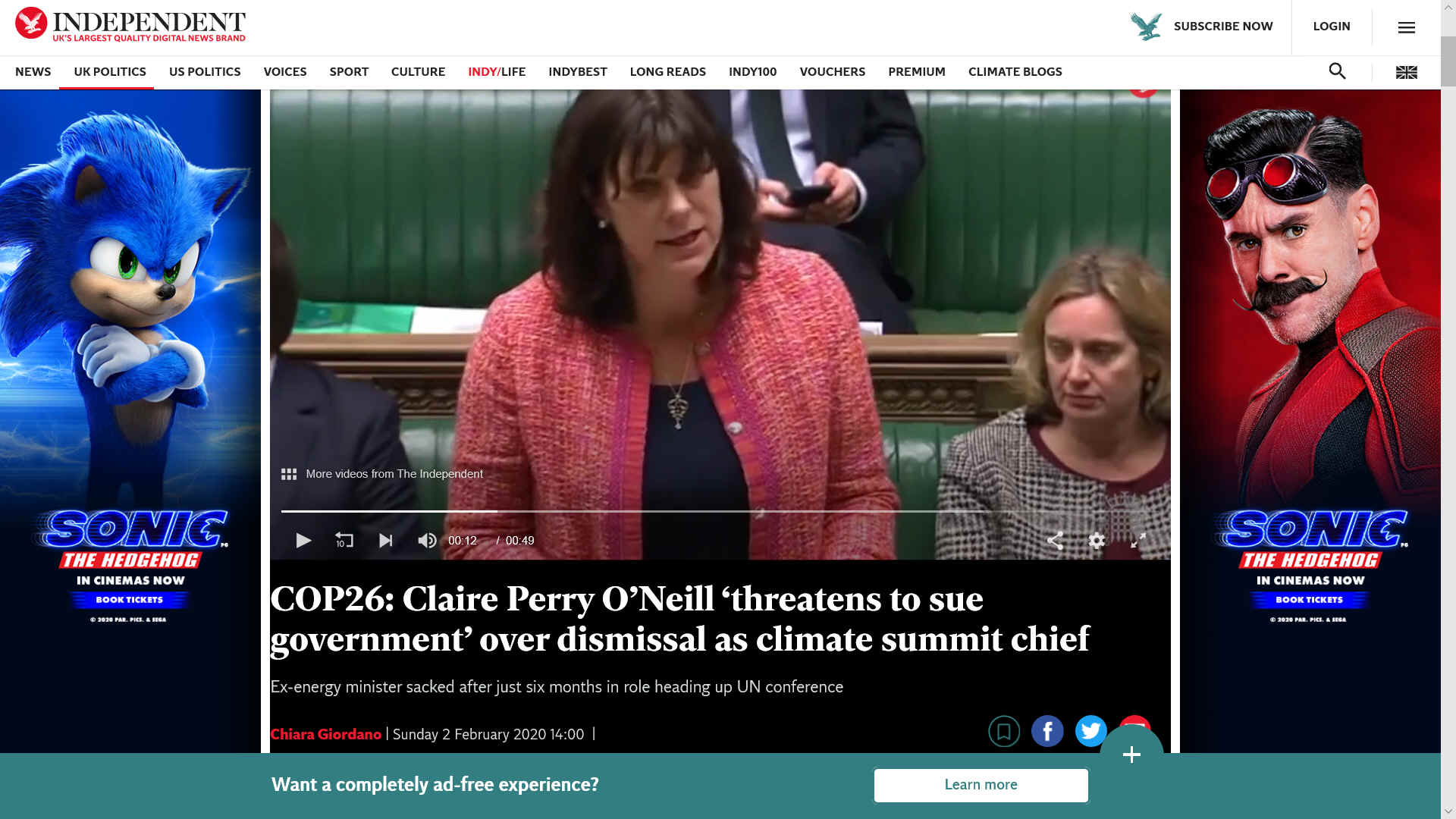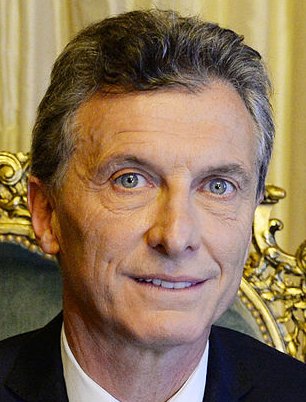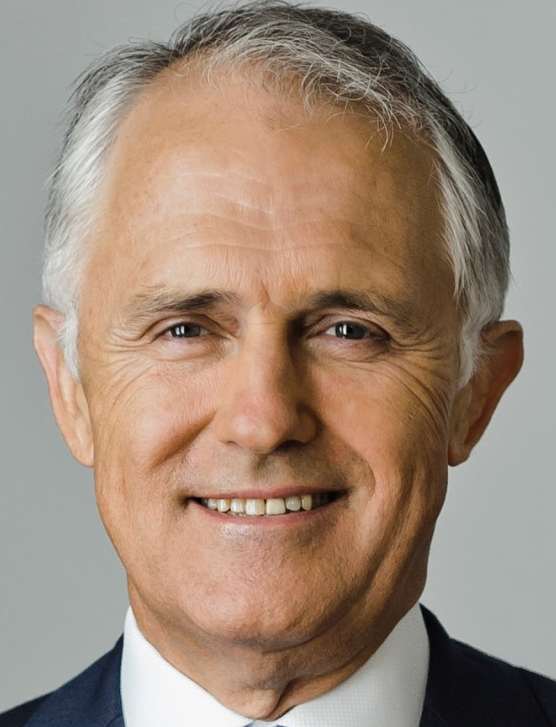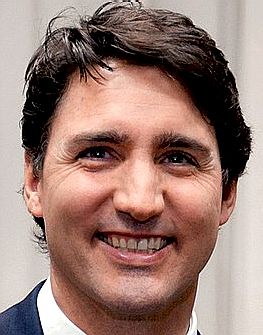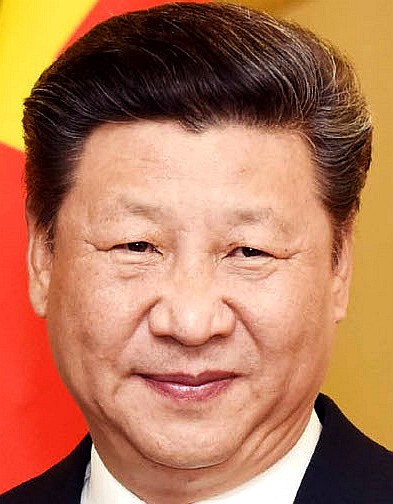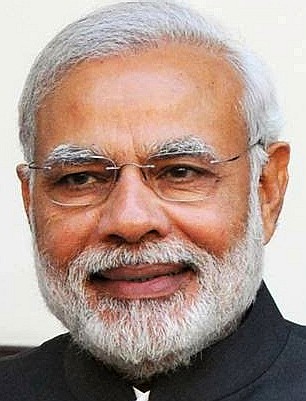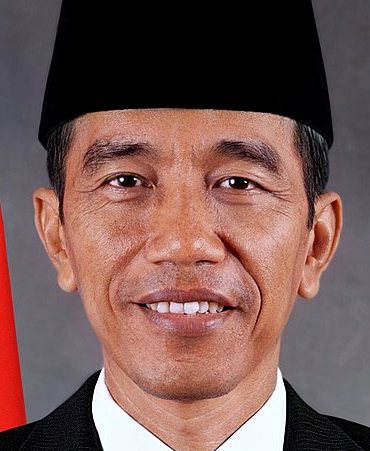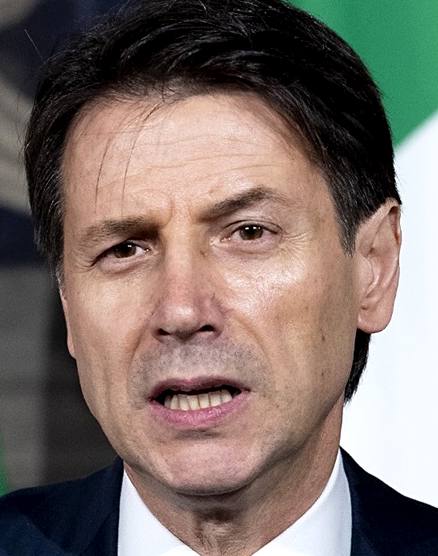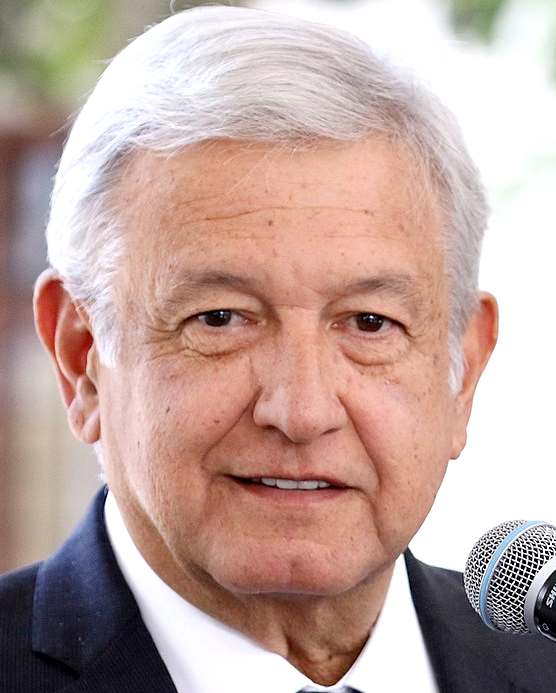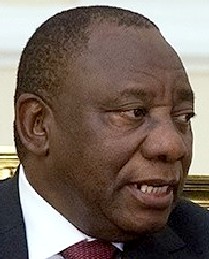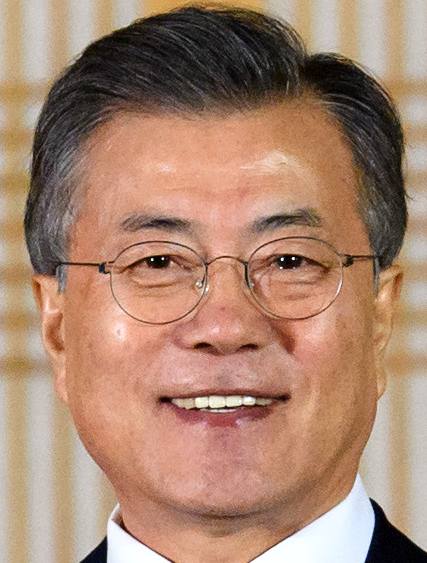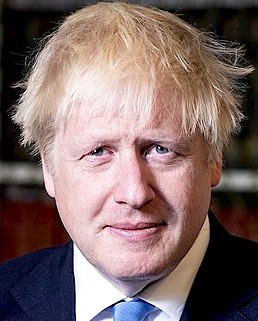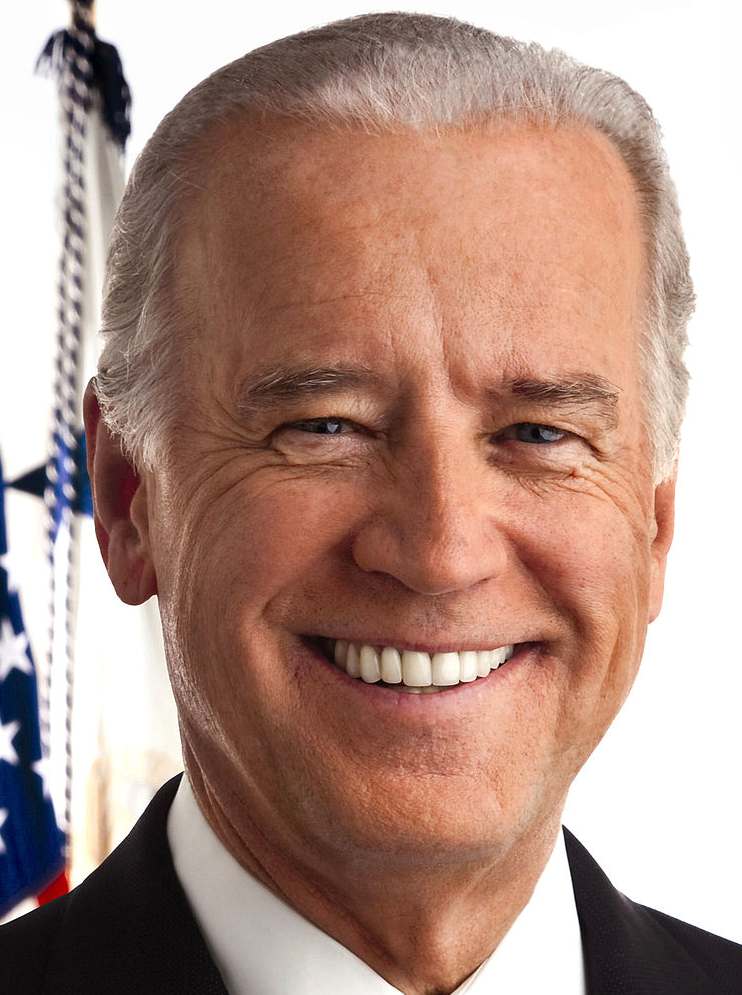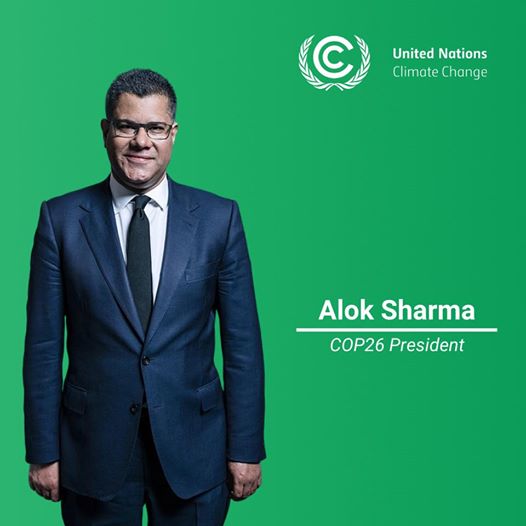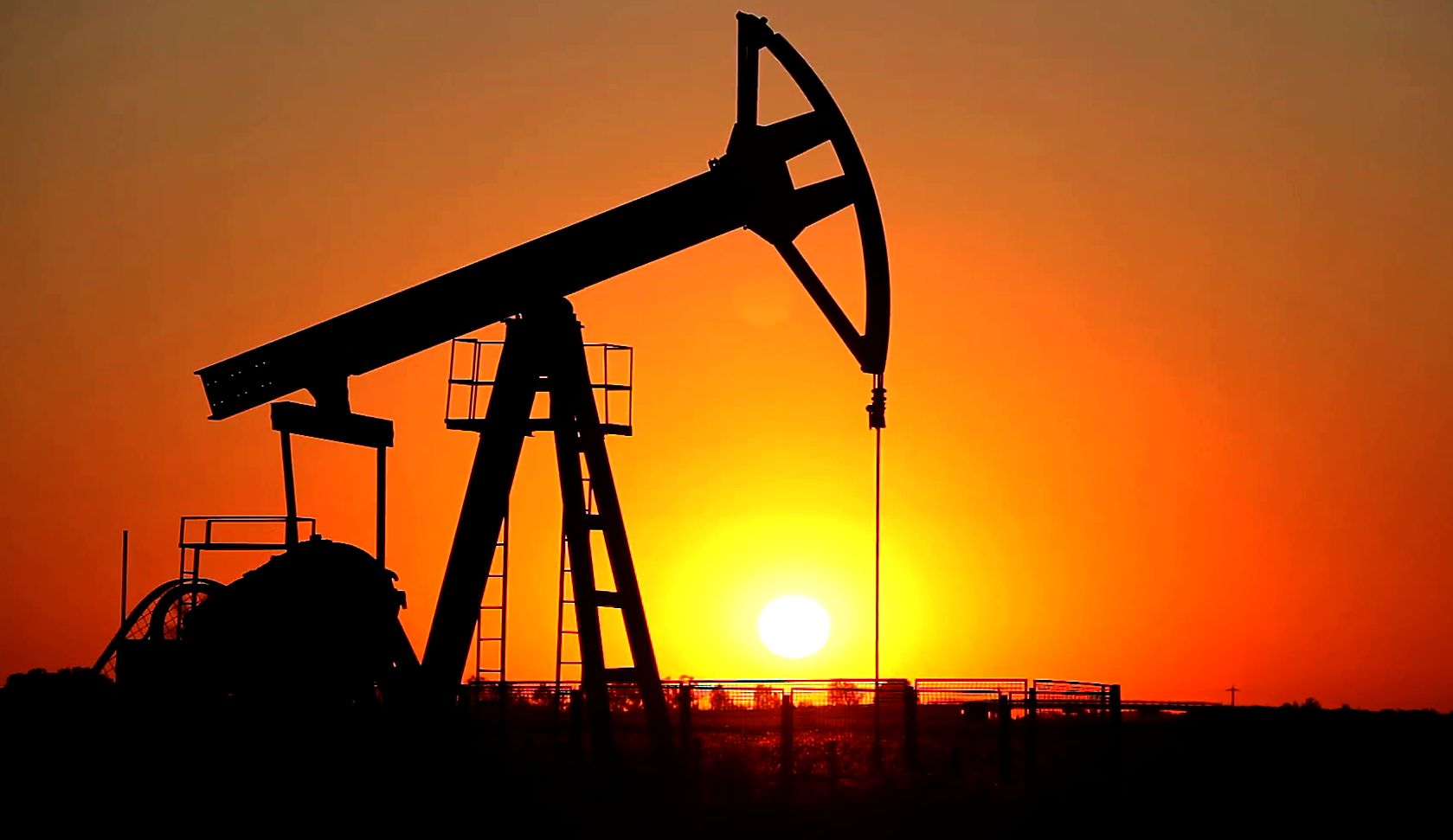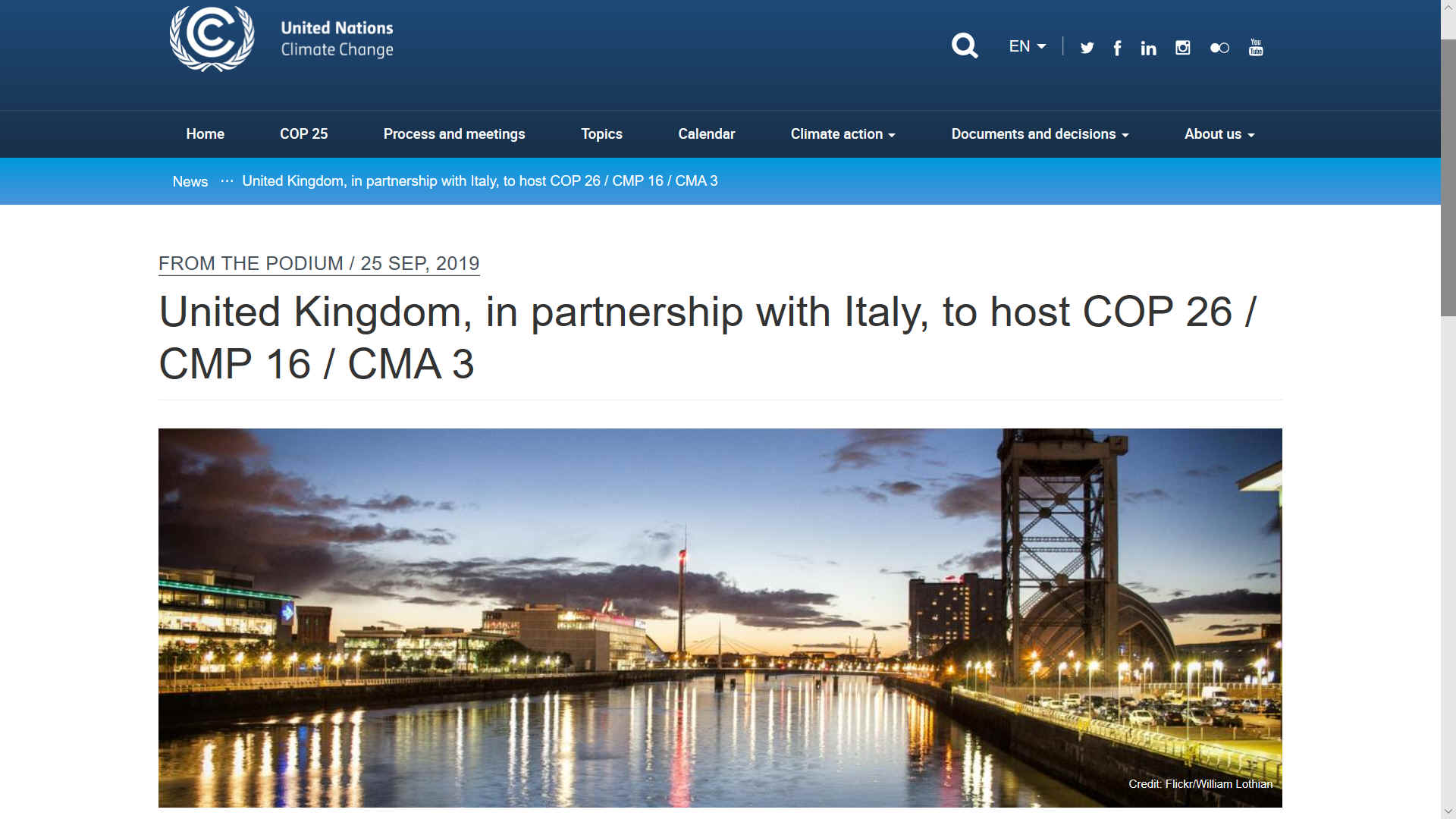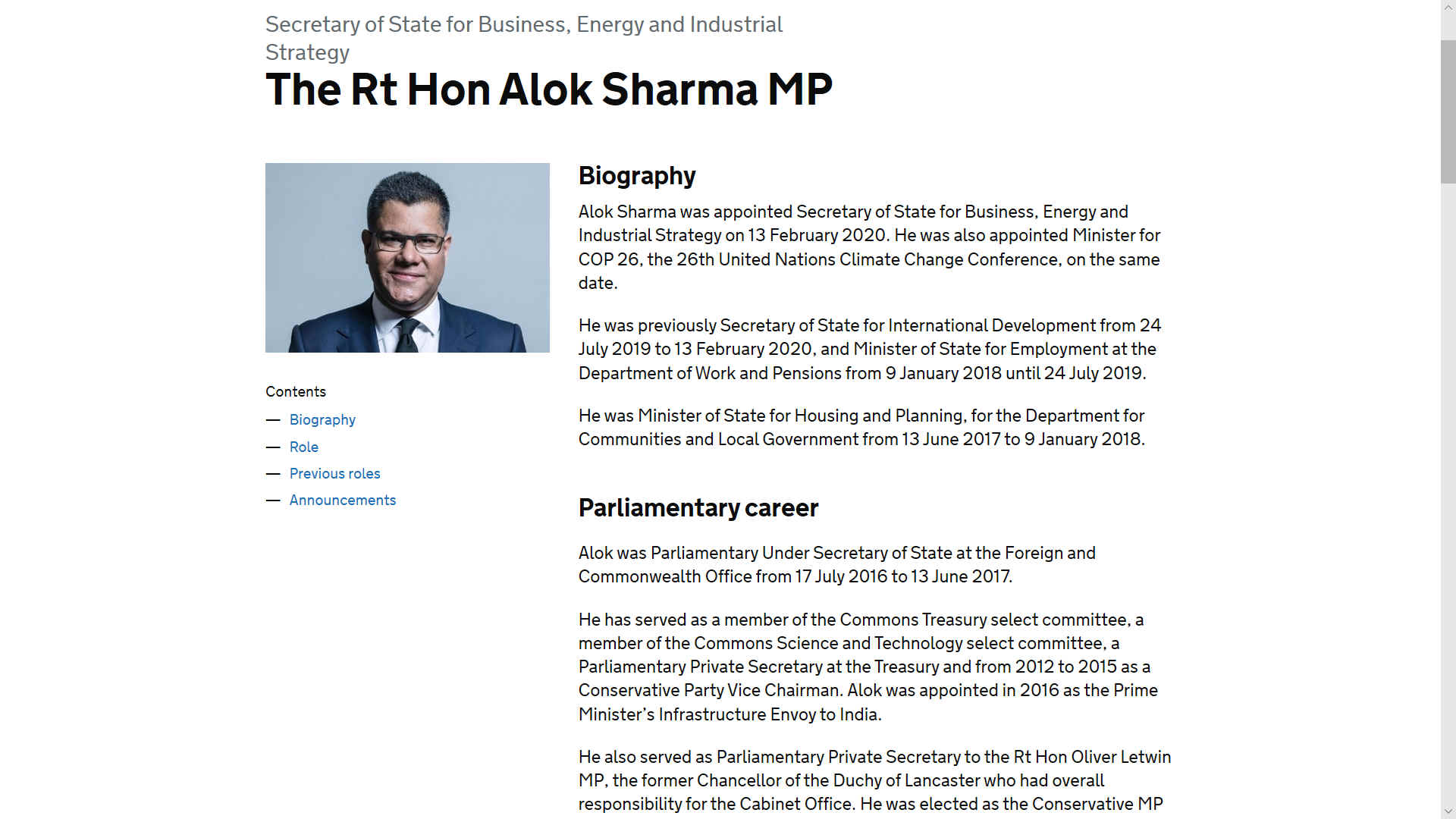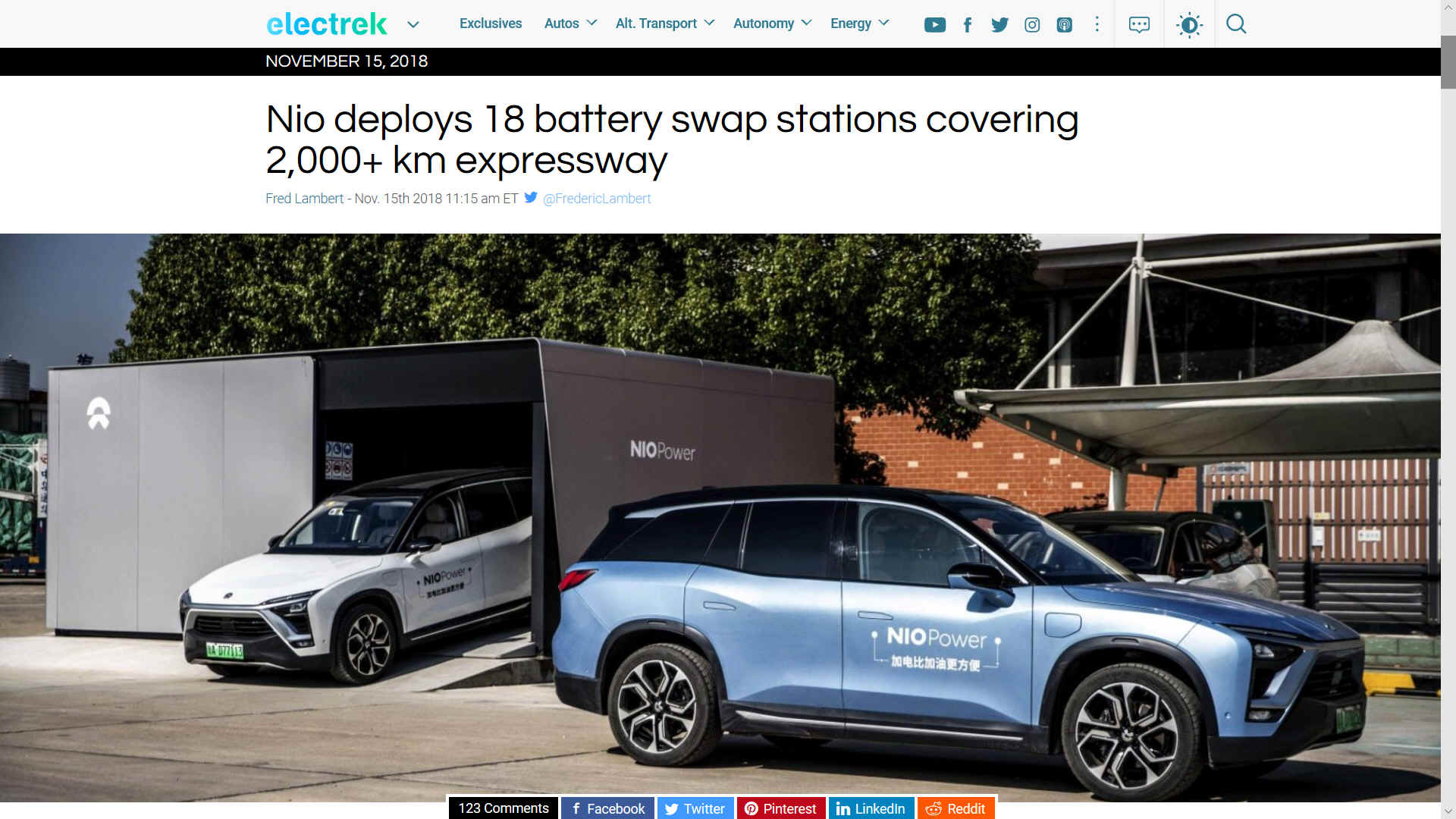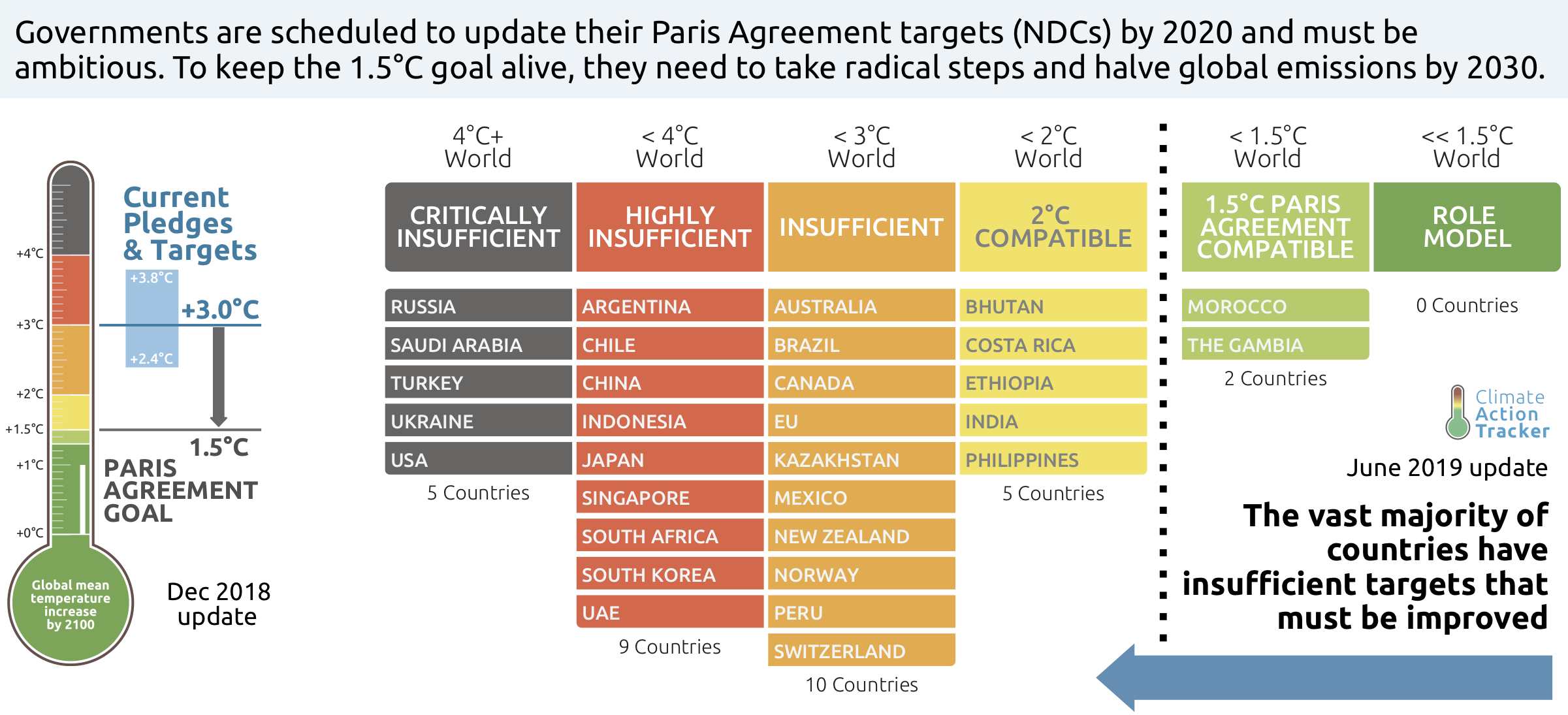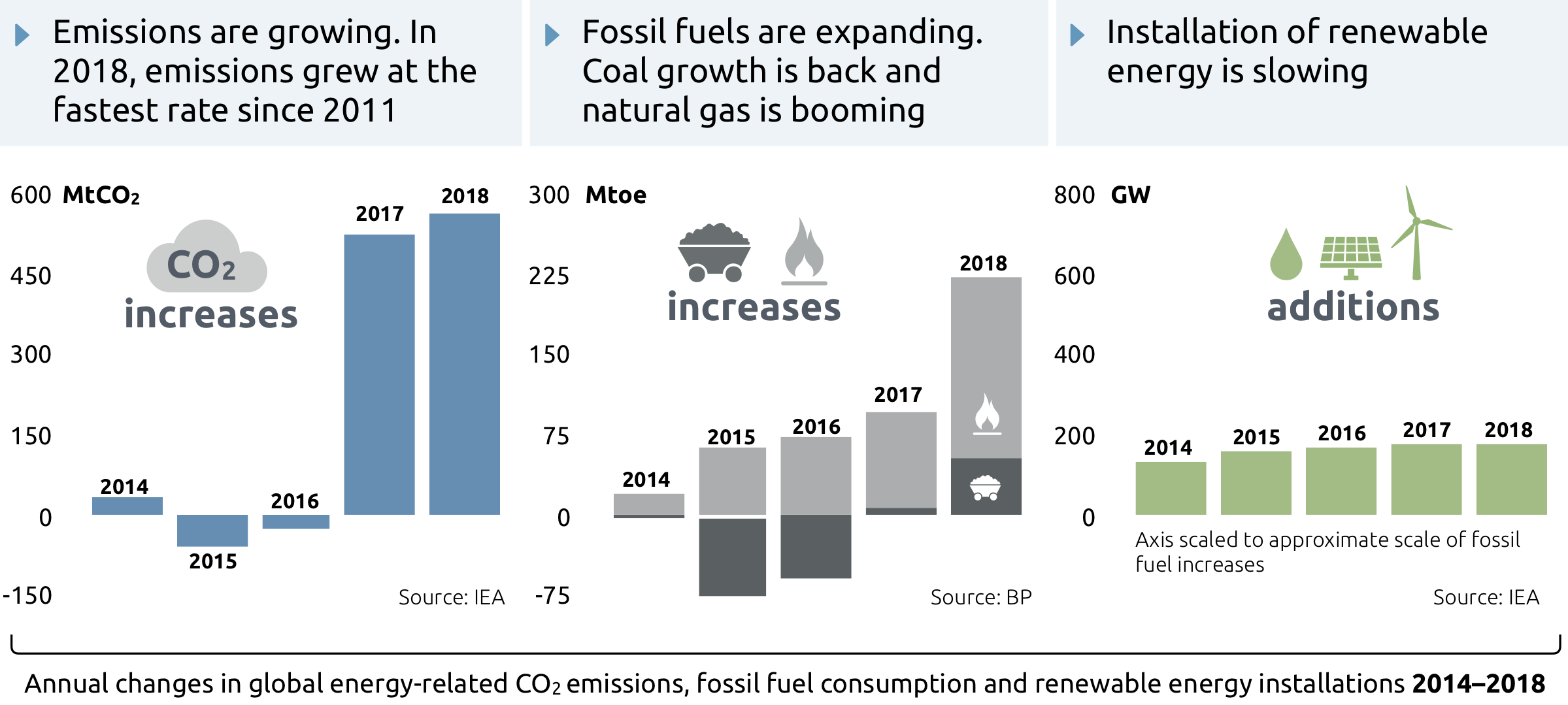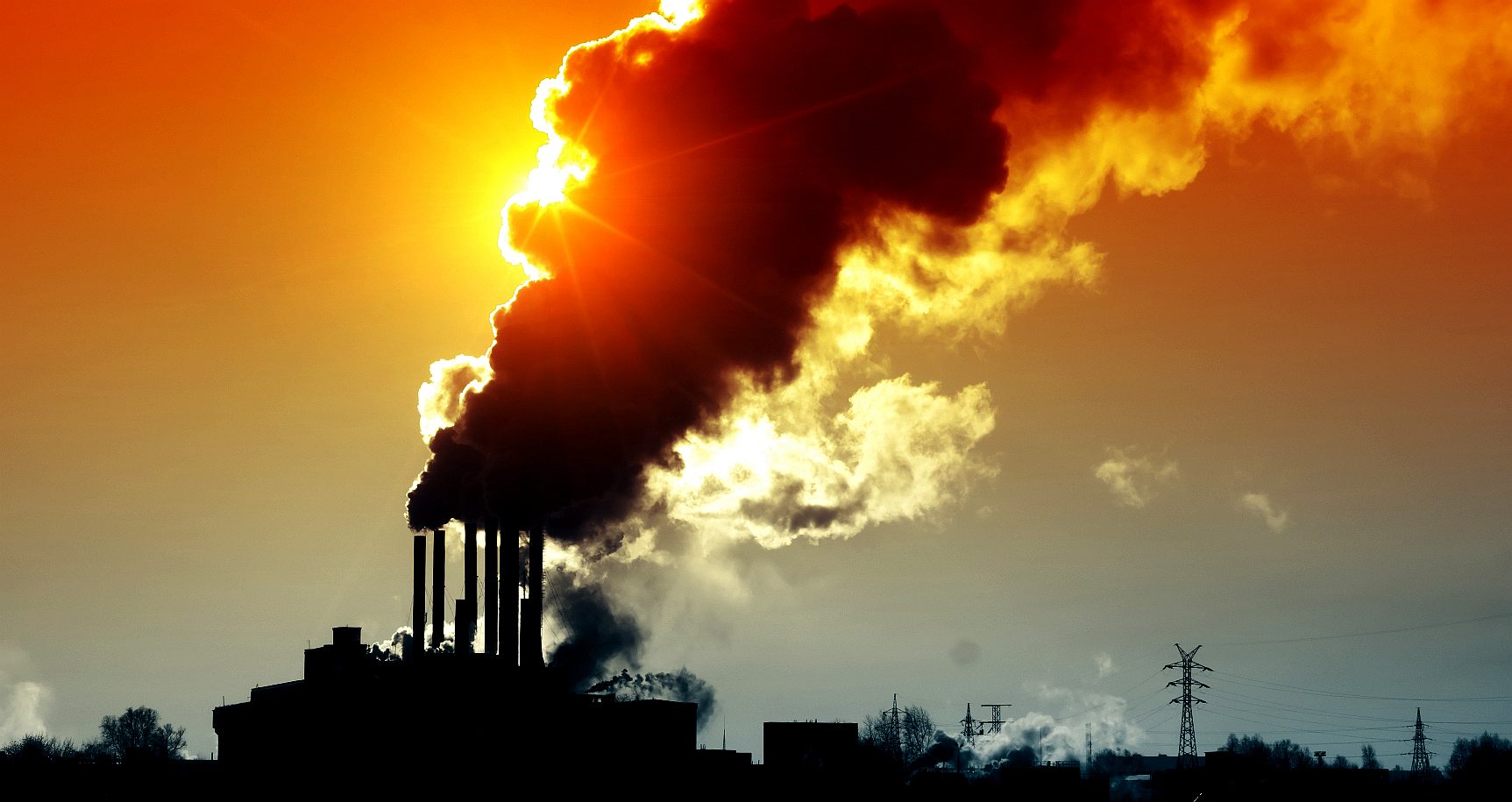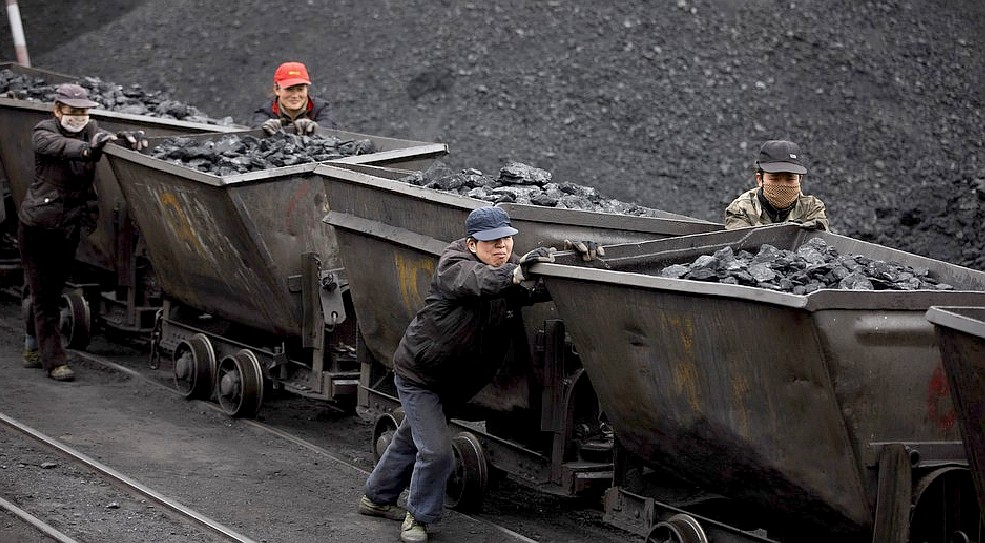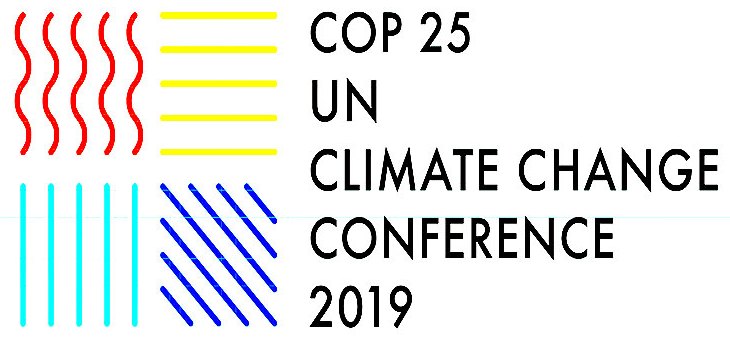|
SCOTLAND CLIMATE CHANGE COP 2020/21
Please use our A-Z INDEX to navigate this site
|
||||||||||||||||||||||||||||||||||||||||||||||||||||||
INDEPENDENT 2 FEB 2020 - More an advertising medium for cinema releases than a newspaper perhaps, but still carries the stories hitting the tabloids as a way of selling ad space. What have newspapers become. Sonic The Hedgehog for Prime Minister anyone? We had no idea Independent readers were into animated movies.
THE G20 @ COP 26, SCOTLAND, NOVEMBER 2021
AGRICULTURE | BANKS | HOUSING | GROUP20 | INDUSTRY | MONEY | POLITICS | RENEWABLES | TRANSPORT
The 2020 Climate Change Conference was to have taken place in Glasgow, Scotland.
COP 26 / CMP 16 / CMA 3 was scheduled to take place from 9 to 20 November 2020.
INDEPENDENT 2 FEB 2020 - Alok Sharma was appointed Secretary of State for Business, Energy and Industrial Strategy on 13 February 2020. He was also appointed Minister for COP 26, the 26th United Nations Climate Change Conference, on the same date.
He was previously Secretary of State for International Development from 24 July 2019 to 13 February 2020, and Minister of State for Employment at the Department of Work and Pensions from 9 January 2018 until 24 July 2019. Here we are looking at the rise of suicides from policy changes that made the poorest members of society poorer and unable to cope.
Alok Sharma was Minister of State for Housing and Planning, for the Department for Communities and Local Government from 13 June 2017 to 9 January 2018. With the building of so many climate unfriendly houses in the UK since then and the rise in planning consents to continue to do so, we wonder at the choice, that tends to suggest no change - and business as usual.
Alok was Parliamentary Under Secretary of State at the Foreign and Commonwealth Office from 17 July 2016 to 13 June 2017. He has served as a member of the Commons Treasury select committee, a member of the Commons Science and Technology select committee, a Parliamentary Private Secretary at the Treasury and from 2012 to 2015 as a Conservative Party Vice Chairman. Alok was appointed in 2016 as the Prime Minister’s Infrastructure Envoy to India.
Prior to entering Parliament, Alok qualified as a chartered accountant with Coopers & Lybrand Deloitte, and then worked for 16 years within banking, first with the Japanese firm Nikko Securities and then Enskilda Securities (the investment banking arm of SE Banken), where he held senior roles based out of London, Stockholm and Frankfurt, including serving as a member of the bank’s Corporate Finance Global Management Committee. Is it all about the money, or will he be counting the cost of global warming in his presidency of one of the most important conferences in 2020.
According to the figures from 2018, we are slipping back into our old ways. The use of coal is growing in China, having lifted their ban on new coal fired stations, and President Donald Trump is undoing most of the good achieved by the Barack Obama administration, especially on withdrawing from the Paris Agreement. This in not a game of political chess chaps, it is gambling with the lives of millions.
IT KILLS THEM GETTING IT OUT - Drilling and pumping oil is a messy occupation playing with carcinogenic fluids, that traditionally makes millionaires of those prospectors. Hence the name "Black Gold" and "Texas Tea." Years ago oil prospecting was respectable, today those investing in oil are deemed by many to be climate criminals - because it kills us when we burn it.
The Western European and Other States Group (WEOG), has endorsed the United Kingdom of Great Britain and Northern Ireland, in partnership with Italy, to host the twenty sixth session of the Conference of the Parties (COP 26), the sixteenth session of the Conference of the Parties serving as the meeting of the Parties to the Kyoto Protocol (CMP 16) and the third session of the Conference of the Parties serving as the meeting of the Parties to the Paris Agreement (CMA 3).
...
VISION
Cities
ELECTREK
NOVEMBER 2018 - Nio deploys 18 battery swap stations covering 2,000+ km expressway
Several companies tried and failed at battery swapping. Tesla had a battery swap system that they seemingly abandoned and Better Place went bankrupt
But you could say Tesla didn’t try that hard and has instead bet on fast-charging and Better Place was a little too ahead of its time.
Now Nio is trying to make battery swapping a reality.
We reported earlier this month about them building a battery swap station right next to a Tesla Supercharger – highlighting the growing options that EV drivers are getting.
It was only the beginning because today the startup unveiled 18 NIO battery swap stations located in 14 service areas along the G4 Expressway linking Shijiazhuang, Zhengzhou, Wuhan, Changsha, Guangzhou and other major cities. They held a press conference for the opening of the battery swap network, which is only the first of several networks, according to the company.
NIO co-founder and president, Lihong Qin, commented on the announcement:
“With the support of our partners, we’ve dedicated ourselves to deploying our battery swap network in order to offer users a worry-free driving experience on China’s highways. The deployment of our battery swap network on the G4 expressway is the beginning of providing a charging experience beyond refueling,”
Furthermore, the company announced that “all ES8 Founders Edition owners, as well as owners who have put down a deposit on the ES8 Standard Edition, will be able to enjoy 12 free battery swaps every year at any service station across China.”
They want to deploy 1,100 battery swapping stations by 2020. Last month, they announced that they delivered 3,350 ES8s, their electric SUV, since starting production this summer.
Electrek’s Take - I’m growing more and more optimistic about Nio. They are delivering EVs, building infrastructure, and their own store and service networks. In my opinion, they are doing all the right things. That said, I’ve never had the chance to take a close look or test drive the ES8, but I’m hearing good things. They have some global ambitions so I might get the chance to test it out soon. Otherwise, I’ll have to go to China. If you have experience with Nio and its vehicles, please don’t hesitate to reach out and share your thoughts. By Fredericc Lambert
Electromobility
REVIEWS OF THE NDCs. HOW OFTEN?
The NDCs are plans by each country which include adaptation and mitigation strategies for climate change. These plans have to be revised as often as necessary (every 5 years) to reach the objective of keeping the planet’s temperature below 1.5°C with respect to the pre-industrial era as recommended by the IPCC.
COP HISTORY
BLUEBIRD MARINE ZEV - A prototype 50 meter container ship for long range routine inter-island provisioning in the Pacific Ocean and sustainable (eco) cruising in the Mediterranean Sea. If this vessel performs as expected, the age of zero carbon shipping is within our grasp - we could be about to enter the zero emission cruising era free of gases for fuel, subject to development of the concept.
SIX STEPS TOWARD A COOLER PLANET
1. TRANSPORT: Phase out polluting vehicles. Government aims to end the sale of new petrol, and diesel vehicles by 2040 but have no infrastructure plan to support such ambition. Marine transport can be carbon neutral.
2. RENEWABLES: Renewable energy should replace carbon-based fuels (coal, oil and gas) in our electricity, heating and transport.
3. HOUSING: On site micro or macro generation is the best option, starting with new build homes.
4. AGRICULTURE: We need trees to absorb carbon emissions from a growing population, flying, and to build new homes. Reducing food waste and promoting less energy intensive eating habits such as no meat Mondays.
5. INDUSTRY: Factories should be aiming for solar heating and onsite renewable energy generation.
6. POLITICS: - National governing bodies need to adopt policies to eliminate administrative wastages, to include scaling down spending on war machines, educating the public and supporting sustainable social policies that mesh with other cultures.
UN CLIMATE ACTION PORTFOLIOS
1.
Finance
IT US KILLS GETTING IT OUT - Mining is traditionally a dangerous occupation. If a mine collapse does not get you, the carcinogenic dust will do you r lungs no good.
DESERTIFICATION COP HISTORY
BIODIVERSITY COP HISTORY
LINKS & REFERENCE
https://www.gov.uk/government/people/alok-sharma https://unfccc.int/news/united-kingdom-in-partnership-with-italy-to-host-cop-26/cmp-16/cma-3 https://www.independent.co.uk/news/uk/politics/claire-oneill-perry-cop26-un-climate-change-president-glasgow-legal-action-a9313406.html
|
||||||||||||||||||||||||||||||||||||||||||||||||||||||
|
This website is provided on a free basis as a public information service. copyright © Climate Change Trust 2021. Solar Studios, BN271RF, United Kingdom.
|
